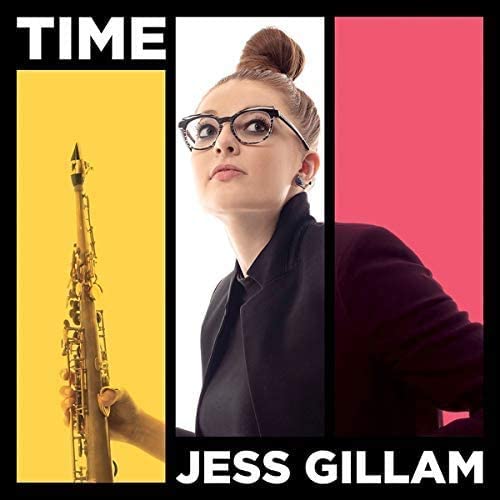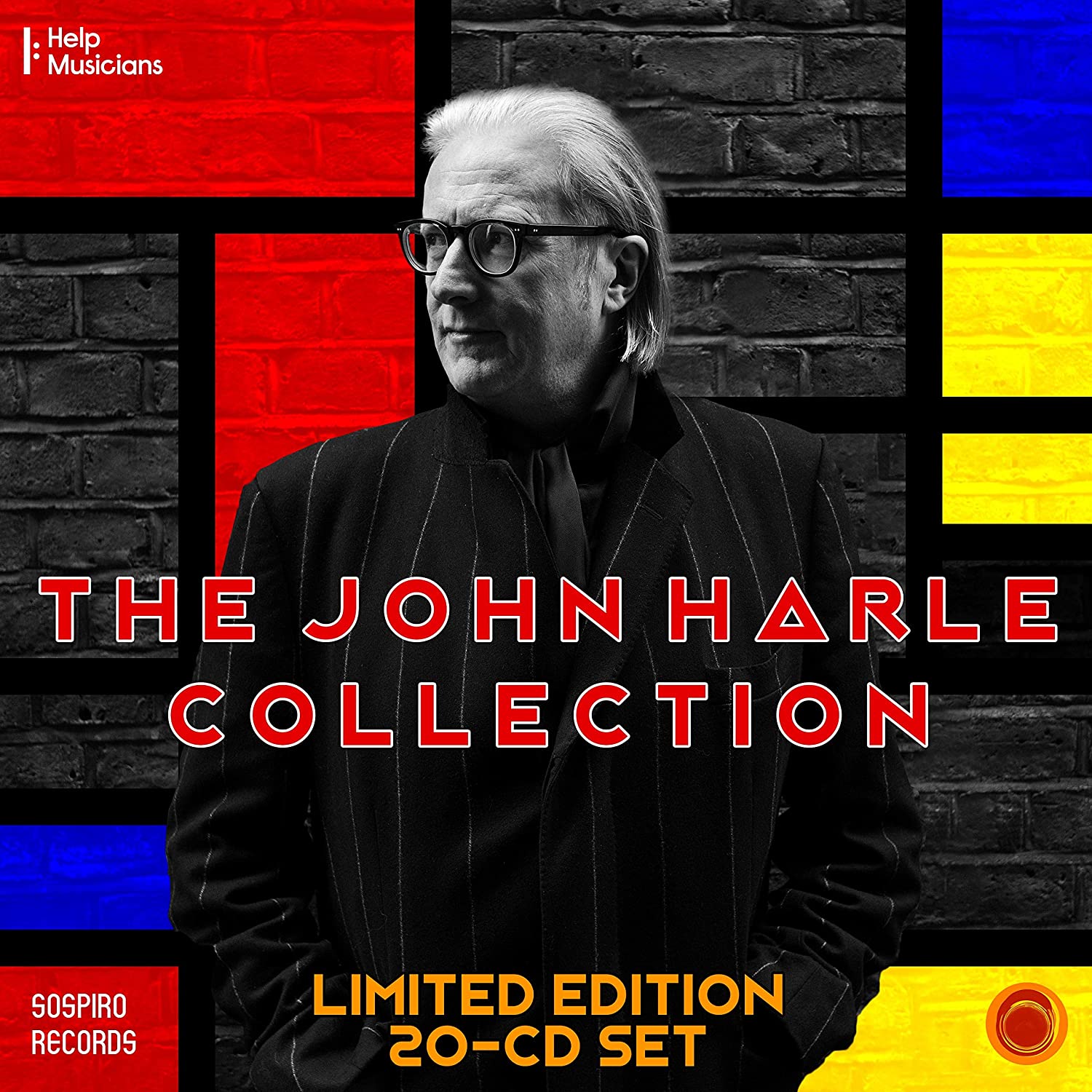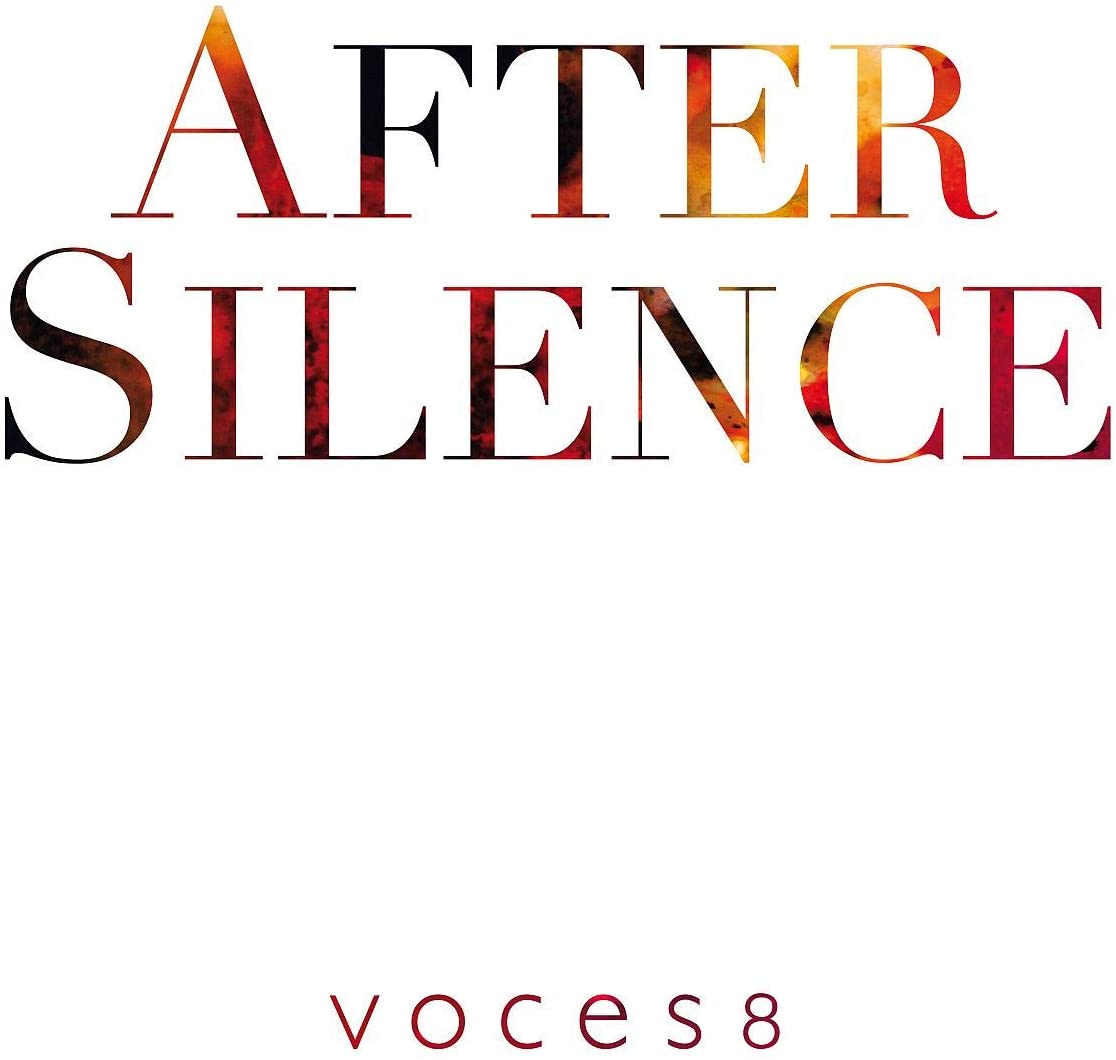 Jess Gillam: Time (Decca)
Jess Gillam: Time (Decca)
Cellists, violinists and pianists have it easy. They’re spoilt for choice when it comes to solo repertoire, a point made when theartsdesk reviewed the BBC Young Musician 2016 final, the year when cellist Sheku Kanneh-Mason triumphed, and saxophonist Jess Gillam was the woodwind finalist. Can you name a famous saxophone concerto? Me neither. Understandably, most of Time, Gillam’s second album, is made up of arrangements and transcriptions, one exception being the work she performed back in 2016, Michael Nyman’s Where the Bee Dances. This single movement concerto was written for John Harle (see below), taking inspiration from the insect’s circular movements and a Shakespeare setting written for the film Prospero’s Books. Gillam’s natural ebullience suits this big-hearted work brilliantly, and she receives superb support from Nicholas Collon’s Aurora Orchestra, horns and trombones letting rip before the teasing final chord. Marvellous.
The rest is a mixed bag, though with more hits than misses. Thom Yorke’s “Suspirium” works well, Yorke’s idiosyncratic vocals swapped for something more corporeal but no less striking, a pleasing contrast to the shorter sharper phrases heard in Anna Meredith’s Bubble Gun. Max Richter’s On the Nature of Daylight is a mellifluous, slow depiction of twilight, Gillam demonstrating her gift for sustaining long lines. We hear this again in Glass’s two minute Melody for Saxophone No. 10, Glass again demonstrating that he’s at his best when everything’s stripped back. Gillam’s own ensemble provide punchy accompaniment – listen out for the glass harmonica in the closing number. The John Harle Collection (Sospiro Records)
The John Harle Collection (Sospiro Records)
John Harle calls his twenty-CD The John Harle Collection (Sospiro) a "sonic autobiography". He has kept the price low: it will retail for below £50, and all of the proceeds of sales of both physical albums and downloads will go to support the Help Musicians Coronavirus Financial Hardship Fund. There are recordings here from the saxophonist/ composer/producer which go back as far as 1977, whereas some are as recent as 2016. The set has all been assembled by Harle in five months. As he explains, “most, but not all, of the material is unreleased; some new, some vintage, some studio, some live - a sort of 'alternative discography'”. The stylistic range is huge, even within a single one of the discs. Disc 8, for example, has everything from Monteverdi arranged for an ensemble of saxophones and trombones (and the benefit of the long echo of St. Giles Cripplegate), to the mystical world of Giantino Scelsi and a strangely motoric minimalist piece for large saxophone ensemble by Loose Tubes flautist Eddie Parker. Elsewhere there is a BBC Radio Play which is a mystery about Adolphe Sax and an instrument – both of them portrayed by actors – and one album which bills itself as “Lounge Music: a doggy-bag of harmless sounds”, which includes such quaint excursions as the late great trumpeter Derek Watkins venturing into Herb Alpert territory.
There are pieces that will not be for every taste. Elvis Costello’s vibrato-laden live version of Dowland’s “Flow My Teares”, from a concert at the Royal Festival Hall is bound to make some people happy and others want to run a mile. That same song appears more agreeably, with just Harle on saxophone and pianist Steve Lodder from a recent concert in Canterbury. That version is beautiful in its evenness and simplicity. The Harle/Lodder duo is there again in a performance of a work which Harle has recorded elsewhere, Phil Woods’ Sonata. The pair find far more rhythmic and metric freedom than on Harle’s much earlier recording of the piece with pianist John Lenehan.
Another fruitful collaboration with a pianist which brought (and still brings) joy is Harle’s work with the late Richard Rodney Bennett. The pianist’s sly quoting of Bacharach’s “Wives and Lovers” on “Anyone Home” is masterfully clever, and the joyful nonchalance of his “Sondheim Waltzes” is unforgettable. The Harle/Rodney Bennett relationship also, incidentally, gave rise to Rodney Bennett’s last ever interview - with Harle - which appeared on this site in 2013.
Sebastian Scotney
 Voces8: After Silence (VOCES8 Records)
Voces8: After Silence (VOCES8 Records)
Voces8’s After Silence takes its name from a 1931 Aldous Huxley essay, handily reproduced in this set’s booklet. Few would disagree with Huxley’s assertion that “silence is an integral part of all good music,” though he’s on shakier ground in suggesting that Wagner’s music is inferior (“it says less because it is always speaking.”). Divided thematically into four chapters, this enjoyable collection highlights this small choir’s versatility, one able to move seamlessly from Byrd to Britten and beyond. There’s a consistent warmth of expression on display; this is technically brilliant singing without a hint of chilliness. Remembrance’s seven tracks include melting performances of Byrd’s Ne Irascaris, Domine – Civitas Sancti Tui and Arvo Pärt’s The Deer’s Cry. Only an acapella transcription of Fauré’s ubiquitous “Pie Jesu” misses the mark. Devotion opens with Eric Whitacre’s A Boy and a Girl, its woozy loveliness neatly offset by the clearer lines of Jonathan Dove’s The Three Kings, setting a text by Dorothy L Sayers.
Pavel Tschesnokoff’s well-known Spaséniye sodélal kicks off Redemption. Clytus Gottwald’s arrangement of Mahler’s "Ich bin der Welt abhanden gekommen" shouldn’t really work. It does here, thanks to superb contributions from soprano Mary Bevan and oboist Nick Deutsch, Mahler’s high string writing nicely imitated by the choir. The Academy of Ancient Music provide idiomatic support in Bach’s earliest surviving cantata, the final section’s bass line famously recycled by Brahms. Elemental aims to “return us to the ebb and flow of nature,” including Frank Ticheli’s delectable Earth Song and Britten’s Hymn to Cecilia. Whitacre’s Sleep makes for a pleasing coda. You don’t need to know that the individual items have been grouped thematically; this double album serves very well as an entertaining whistle stop tour through four centuries’ worth of choral writing. The performances, as said, are stunningly accomplished. Taped in four different venues, the engineering is consistently impressive. Full texts and translations are provided, the whole package neatly squeezed into a small hardback book.















Add comment